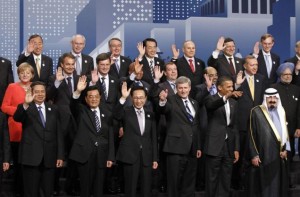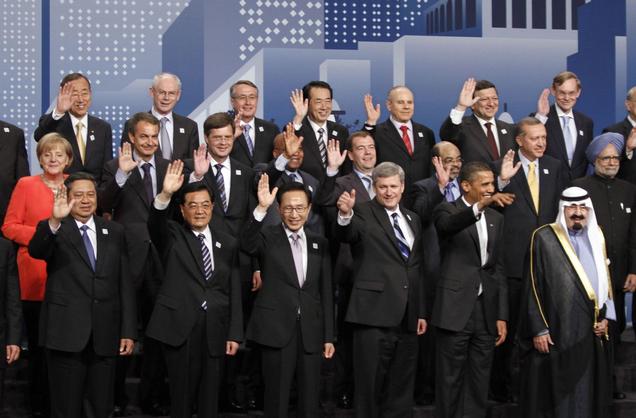 Participants in the G20 meeting agreed to put growth ahead of austerity as a way to improve economic performance in the short term. Leaders converged in Moscow as part of a global effort to improve economic performance in some of the world’s top economies, many of which have faced major slowdowns in recent years.
Participants in the G20 meeting agreed to put growth ahead of austerity as a way to improve economic performance in the short term. Leaders converged in Moscow as part of a global effort to improve economic performance in some of the world’s top economies, many of which have faced major slowdowns in recent years.
The G20 agreed to put growth ahead of spending during the weekend meetings, and to reduce the amount of attention paid to growing budget deficits in many countries struggling with declining economic performance. Leaders at the meeting agreed that given the current circumstances, governments need to focus on job creation.
Finance ministers from the world’s largest economies met at the event, which gave nations a chance to discuss their growing economic concerns. In a statement to end the meeting, finance ministers and global bankers agreed that unemployment was ‘excessively high’ in many countries, and that recovery has been uneven.
With some countries recovering slowly and others facing further economic decline, the ‘uneven’ description is certainly accurate. Japan and the United States are both experiencing a slow yet steady economic recovery fuelled by large-scale spending from the public sector, while other countries have continued to stall.
China, once a major driver of growth, has seen its manufacturing output slow down over the past year as reduced demand from EU nations threatens the manufacturing centre’s export-driven growth. Russia, a country that has benefited from its natural resources – particularly energy exports – has also experienced sluggish growth.
Both Russia and other export-driven economies have expressed concern that an end to American quantitative easing could slow economic growth. Ben Bernanke claims that Federal Reserve quantitative easing programs, which add $85 billion to the US economy every month, could come to an end in the next twelve months.





